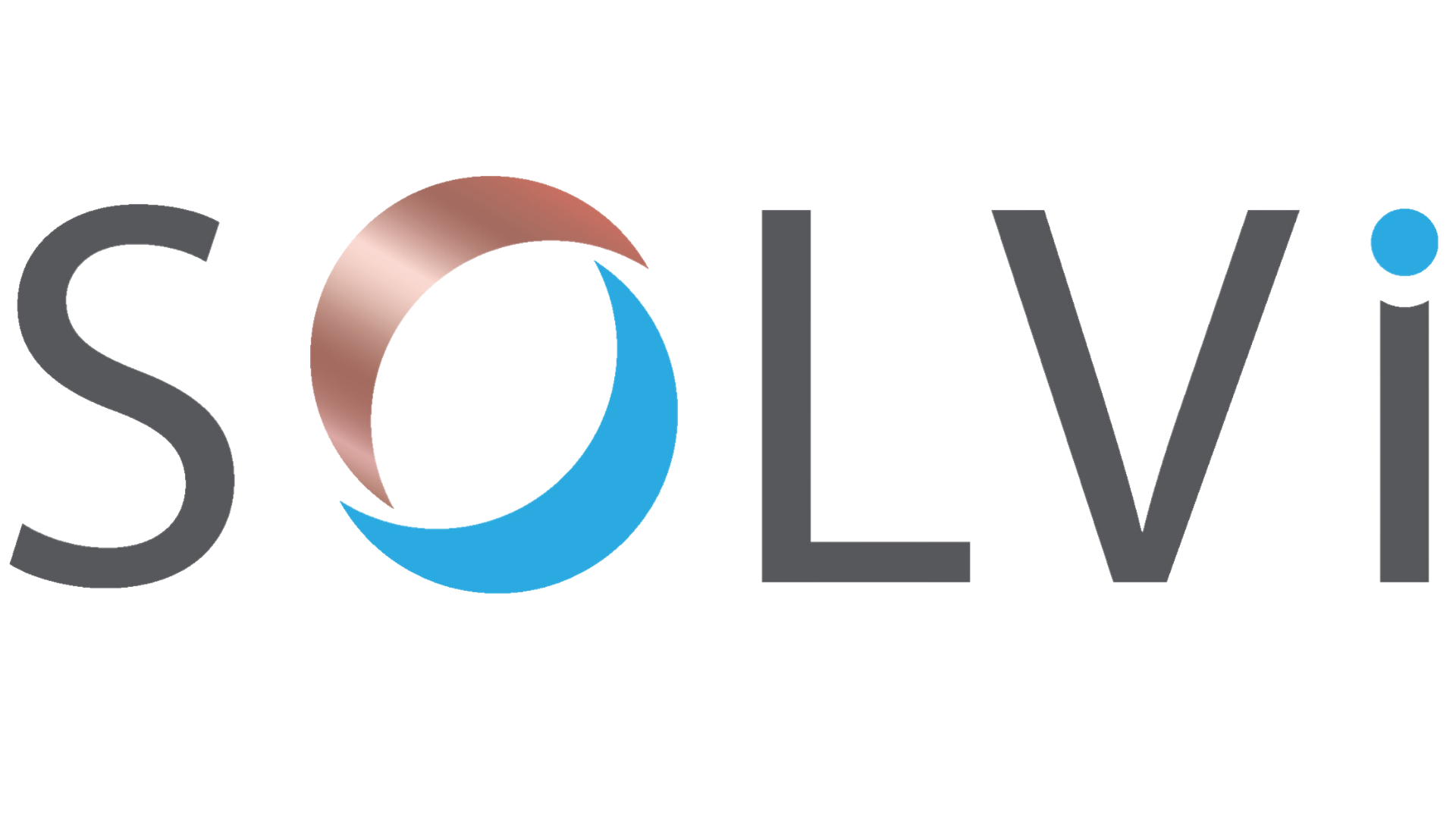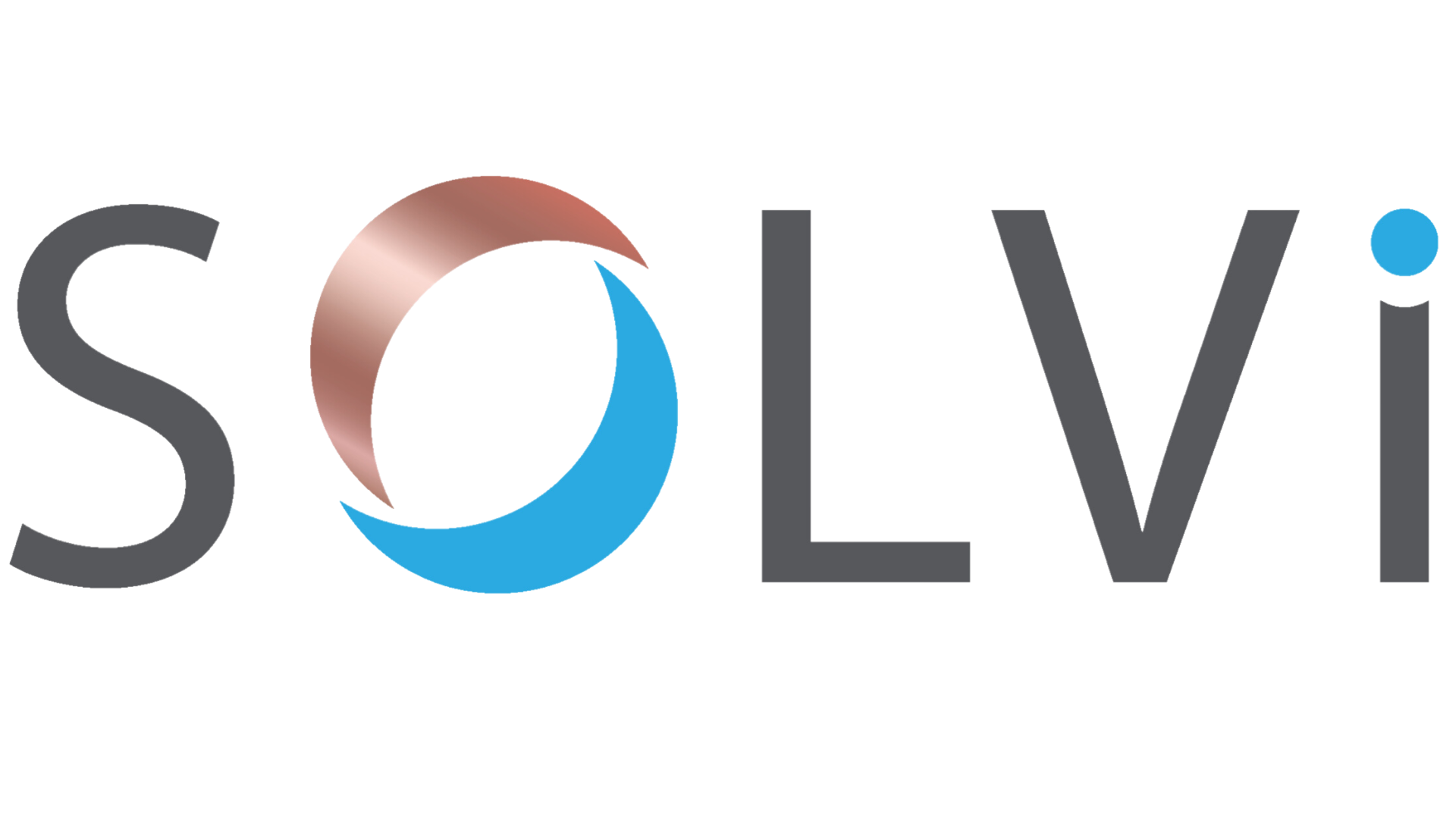Australia is a great place to live and work. Our passion is to help Registered Nurses living overseas to work and experience the great Aussie lifestyle. However, navigating the complexities of migrating to Australia can be daunting.
SOLVi Migration has been assisting nurses to gain registration and successfully migrate independently. Our dedicated team of legal experts specialises in guiding overseas registered nurses through the intricate visa and registration processes, ensuring a smooth transition to working in Australia.
We are committed to providing personalised support every step of the way, from initial eligibility assessments and visa applications to professional registration and employment advice. Trust us to help you achieve your dream of a rewarding nursing career in Australia.

VISA’S WE CAN HELP WITH

Employer Sponsored

Skilled Independent
MAKING AUSTRALIAN MIGRATION EASY

Mastering the OSCE & NCLEX: Insights from the Latest Podcast Episode
If you’re an internationally qualified nurse considering migration to Australia, you may have heard about the OSCE and NCLEX exams. But do you really need to take them? How can you best prepare? In this episode of Making Australian Migration Easy, host Rhea Fawole sits down with Kristine Dawang, founder of AuRNpathway, to discuss how nurses can successfully navigate these exams and take the right steps toward securing AHPRA registration.
Many nurses feel overwhelmed by the process, but with proper guidance and preparation, success is achievable. In this blog, we dive into key takeaways from the episode, including expert insights on what these exams involve, who needs to take them, and how AuRNPathway has helped nurses pass with confidence.
What Did We Cover in This Episode?
✅ Who actually needs to sit the OSCE & NCLEX? Understanding which nurses require these exams and how AHPRA determines eligibility.
✅ The key differences between OSCE & NCLEX in Australia and New Zealand. Why exam formats, content, and expectations differ across countries.
✅ Why so many nurses struggle with these exams. Common mistakes and how to avoid them.
✅ How AuRNPathway supports nurses through the process. Structured training programs with expert guidance to boost success rates.
✅ Upcoming registration changes in 2025. What nurses should do now instead of waiting.
What You Need to Know About OSCE & NCLEX?
The OSCE (Objective Structured Clinical Examination) and NCLEX (National Council Licensure Examination) are assessment tools used by AHPRA for internationally qualified nurses in certain registration pathways. However, not all nurses will be required to take these exams—it depends on where you obtained your qualifications and prior registration status.
📌 Key takeaway: If you’re unsure whether you need to sit these exams, use AHPRA’s self-check tool for guidance.
In the episode, Kristine Dawang shares her expertise on how nurses can prepare effectively, emphasizing that many candidates fail simply because they underestimate the difficulty of the exams or don’t seek the right support.
AuRNPathway’s Proven Approach to Success
Kristine’s team at AuRNpathway specializes in training internationally qualified nurses to pass the OSCE and NCLEX with confidence. Their 100% pass rate for the first batch of students highlights the effectiveness of structured training programs.
🔹 What AuRNpathway Offers:
Comprehensive training covering all exam components.
Support from experienced nurse educators.
A structured approach to help candidates pass on the first attempt.
👩⚕️ Pro Tip from Kristine: Many nurses think they can prepare on their own to save money, but failed attempts can be costly. Investing in structured training can actually save time and money in the long run.
Why You Should Start Preparing Now?
Many nurses wonder whether they should wait until the 2025 changes take effect before taking action. The answer? Don’t wait.
🔹 AHPRA’s assessment process takes time, and delaying could mean longer processing times as more applicants apply under the new rules.
🔹 Proper training can significantly increase your chances of passing on your first attempt, reducing overall costs.
🔹 While the registration process may evolve, clinical assessment requirements like OSCE and NCLEX are likely to remain key components.
📌 Final takeaway: Nurses should take proactive steps now to avoid delays and uncertainties in 2025.
Your Next Steps
🔹 Enrol in our Nurse Registration course: www.nurseregistration.com (For 10% off use code: AHPRA2025)
🔹 Referral Link: Get access to AuRNpathway training through our partnership: AuRNpathway x SOLVi
🔹 Need migration advice? Book a consultation with an Australian immigration lawyer: www.solvi.com.au/book-a-consult
Securing AHPRA registration is a critical step in your journey to working as a nurse in Australia. With the right preparation, you can achieve success and avoid unnecessary delays.
DISCLAIMER: This content is for educational purposes only and nothing in this content or its description constitutes legal advice. For advice on your personal circumstances, please make an appointment at SOLVi Migration www.solvi.com.au Copyright SOLVI PTY LTD 2025.
Connect with SOLVi Migration
📅 Book a consultation: https://cutt.ly/9wkFT9xf
🔹 Website: www.solvi.com.au
FAQS
What qualifications do I need as a nurse to migrate to Australia?
Generally, you will need a nursing qualification that is recognised in Australia, such as a bachelor’s degree in nursing or an equivalent qualification. You will also need to meet registration requirements with the Australian Health Practitioner Regulation Agency (AHPRA).
What is the process for registering as a nurse in Australia?
To practice as a nurse in Australia, you must be registered with AHPRA. The process involves submitting an application, providing proof of your qualifications and professional experience, and meeting English language requirements. Our team can assist you with this process - Read More.
Will I need a skills assessment?
Yes, most visa applications for nurses require a skills assessment conducted by the Australian Nursing and Midwifery Accreditation Council (ANMAC). This assessment ensures your qualifications and experience meet Australian standards. We can assist you with preparing and submitting your skills assessment application. Read more ...
What are the English requirements?
Depending on the pathway you gain registration and what visa pathway you take, the English requirements can vary from Competent to Proficient levels of English. Read More ...
What if me or my family has a health condition?
If you or a family member has a health condition, it is important to have the possible impact on your migration assessed by a professional before you submit any visa application. The Department of Home Affairs will require health assessments to ensure the condition does not pose a significant cost or burden to the Australian healthcare system. We can help you understand the implications and prepare the necessary documentation. Read more ...
What if me or my family have a character issue?
Character issues, such as past criminal records, must be disclosed in your visa application. The Department of Home Affairs assesses character issues on a case-by-case basis. We can provide advice on how to address these issues and the potential impact on your application.
Are visa fees refundable?
Visa fees are generally non-refundable, even if your application is refused or withdrawn. It is crucial to ensure your application is complete and meets all requirements to avoid losing your fee. Our team can help you prepare a strong application to minimise the risk of refusal.
What if I've been refused a visa in the past?
If you have been refused a visa in the past, it is essential to understand the reasons for the refusal and address them in any new application. We can review your previous refusal and advise on the best course of action to improve your chances of success.
Can I bring my family with me?
Yes, many visa types allow you to include eligible family members, such as your spouse or partner and dependent children, in your application. We can advise on the requirements and process for including your family in your migration plans.
Can't you find my a sponsor to pay for everything?
While some employers may offer sponsorship, which can cover visa and relocation costs, it is important to understand the conditions tied to employer-sponsored visas. Also worth noting, a sponsor is not legally required to pay your application fees. These conditions can include staying with the employer for a certain period. We can help you explore your options and find the best pathway for your situation. Read more ...
How long will the process take?
The processing time for visa applications can vary depending on the type of visa and individual circumstances. Generally, it can take from a few months to over a year. Our team will provide an estimated timeline based on your specific situation and keep you updated throughout the process.
What are the costs of migrating?
Costs can include visa application fees, skills assessment fees, and potentially relocation expenses. The exact costs will depend on the visa pathway you choose and any additional services you require. We will provide you with a transparent breakdown of costs during your consultation. Read more...
DOWNLOAD OUR FREE GUIDE ON EVERYTHING YOU NEED TO KNOW TO WORK IN AUSTRALIA
Contact Us
All RIGHTS RESERVED LIABILITY LIMITED BY A SCHEME APPROVED UNDER PROFESSIONAL STANDARDS LEGISLATION. LEGAL PRACTITIONERS EMPLOYED BY SOLVI PTY LTD (ABN 16 658 861 182) ARE MEMBERS OF THE SCHEME.
The information published on this webpage should not be taken as legal advice rather it should be considered for information purposes only.
COPYRIGHT © 2024 SOLVI PTY LTD
Contact Us
All RIGHTS RESERVED LIABILITY LIMITED BY A SCHEME APPROVED UNDER PROFESSIONAL STANDARDS LEGISLATION. LEGAL PRACTITIONERS EMPLOYED BY SOLVI PTY LTD (ABN 16 658 861 182) ARE MEMBERS OF THE SCHEME.
The information published on this webpage should not be taken as legal advice rather it should be considered for information purposes only.
COPYRIGHT © 2024 SOLVI PTY LTD








